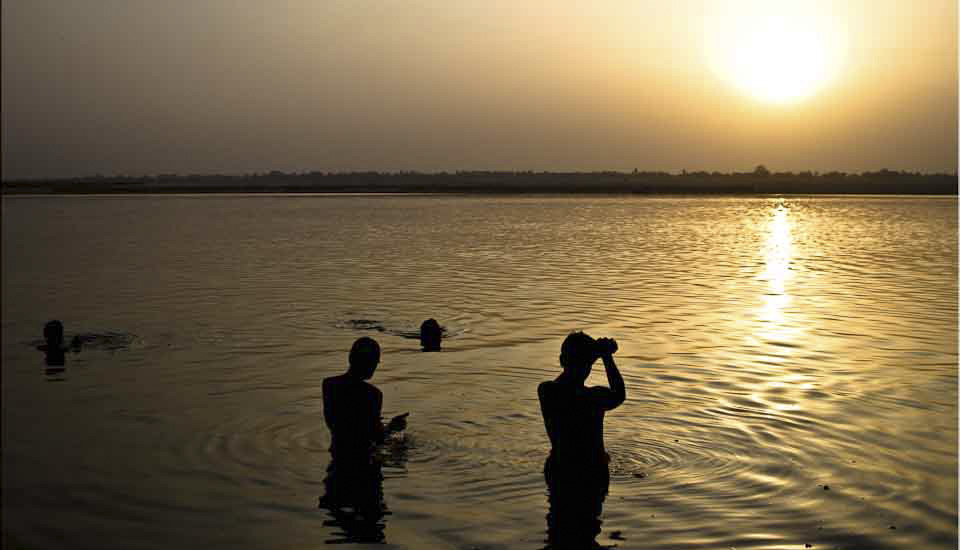.jpg)
A Moment’s Pause
A visitor to the Top Hut Travelling Stock Reserve near Adaminaby, NSW, sits amid the flowering billy buttons (Craspedia globosa) and takes in the scene.
There is something so cheerful and optimistic about native wildflowers blooming in their natural environment.
There is also something hopeful about the metaphorical blank-page of possibilities as we turn the calendar from one year into the next at New Year’s. That is why I’ve chosen to share these pictures of some recovered native grasslands in the Monaro Tablelands.
November is the best time for wildflowers on the Monaro, so, along with other members of the Far South Coast Branch of the National Parks Association, I joined a Monaro Native Grasslands tour facilitated by Upper Snowy Landcare. Many of the participants on the trip were also members of Friends of Grasslands (FoG): dedicated and extremely knowledgeable volunteers who help preserve and nurture these pockets of wild, natural space.
It is wonderful how time slows down on a grassland. I breathed in the surrounding landscape, and sought out the spring flowers blooming there. The more you look, the more you see!
Enjoy a brief foray among these precious native Australian plants:
.jpg)
Adaminaby Golf Course
It’s hard to see this as a 9 hole golf course, but it is! And some of the participants on the Native Grasslands tour were locals who play here regularly.
.jpg)
Trees on the Horizon
The line of evergreens is testament to years of modern-era land use. Even so, this land was identified as being home to native plants and species and in need of protection.

Billie Buttons – Craspedia Globosa
Back in 1999, money was provided through the Threatened Species Network (TSN) Community Grants Program under the Natural Heritage Trust (NHT) to conserve the habitat of the Monaro golden daisy; we didn’t see any here, but there were plenty of billy buttons in bloom.

Picnic Baskets on the Adaminaby Golf Course

Highland Golden Moths – Diuris Monticola
Australia is home to the world’s most diverse terrestrial orchids and about 80 percent of these plan are endemic. Many are small and delicate: it was someone with sharp eyes that first spotted these on the golf course.

Women in the Field
I love these hills: they roll off into the distance in a patchwork of subtle colours.

In the Billy Buttons

David Eddy
A local representative from the State Government Local Land Service (LLS) was on hand to talk about the management strategies for the Monaro Grasslands.

Paddocks

Gorse Bitter-Pea – Daviesia Ulicifolia
The undulating hills provide micro zones that are host to different plant combinations.

Sheep Sorrel – Rumex Acetosella
This edible plant, native to Europe and Asia, has made a home for itself in many parts of Australia.

The Big Trout
The group made a brief pit-stop in Adaminaby. I’ve shared pictures of this local landmark before (see: In Search of Gold). The 10-metre-high fibreglass sculpture is a tribute to the area’s popularity as a fishing spot . (iPhone12Pro)

Monaro Golden Daisy
Our next stop was on the verge of an old country road, where the Monaro golden daisy (Rutidosis leiolepis) was in bloom. Considered a species at risk, these are found in scattered patches here on the Monaro plains, and in low sub-alpine sections of Kosciuszko National Park.

Chamomile Sunray
We also found small clumps of delicate-looking chamomile sunray (Rhodanthe anthemoides), another endemic Australian native.

Top Hut Travelling Stock Reserve
Our last stop was at the colourful Top Hut TSR, where all manner of plants stretched out before us. These reserves are a network of parcels of Crown land that the grazing industry traditionally used to move sheep and cattle around – often following traditional Aboriginal pathways. In NSW, the National Parks Association of NSW (NPA) has worked to protect the biodiversity and cultural heritage inherent in these lands. This plot is managed by the local Friends of Grasslands (FoG) group.

Hoary Sunray
There we found one of my favourite Australian natives: the endangered perennial everlasting daisy known as a hoary sunray (Leucochrysum albicans).

Murnong Yam Daisy
Hard to distinguish from dandelion until you look at the leaves, the murnong (Microseris lanceolata) has an edible tuberous root, and was a staple food for the local Aboriginal people until the introduction of sheep rendered it virtually extinct. Although they are cultivated as Bush Tucker, they are hard to find in the wild.

Common Buttercup – Ranunculus Lappaceus

Local Landholder
A farmer from a neighbouring property talks about how he integrates sustainable land practices in his management practices.

Lauren Van Dyke
The co-ordinator of the Upper Snowy Landcare Network watches on.

Rosetted Cranesbill – Geranium Antrorsum

Sunrays and Billy Buttons

Weeping Snow Gums – Eucalyptus Lacrimans

Walking the Land
These landholders are six- or seventh-generation farmers in this region, and had no shortage of things to talk about.
It was such a pleasure being out on the land on this beautiful day. I learned so much about the precious plants thriving on a landscape that I have driven across so often, and I can’t help but admire the work that these dedicated people are doing to preserve them into the future.
I can only hope they succeed!

Pictures: 26November2022





























.png)

